 Crypto Behind The Great Wall
Crypto Behind The Great Wall 
Cover art/illustration via CryptoSlate. Image includes combined content which may include AI-generated content.
The mystique, rich culture and breathtaking beauty of China has captivated mankind for centuries. Historians have spent many a lifetime, painstakingly piecing together the timeline of the world’s largest nation, which dates back to 1500 BC.
And, especially in more recent years — after an era of political “enlightenment” and globalization — a visit to the Country’s shores is now on the must-do, bucket list of countless keen travelers.
Although scholars seem to be in agreement that feudalism and colonialism played formative roles in China’s journey, the jury is still out on whether it follows socialism with Chinese characteristics; or, indeed, capitalism with Chinese characteristics. You decide; though, regardless, the fact remains that, since earliest times, the Nation exchanged value amongst themselves in various ways.
History of Chinese Money
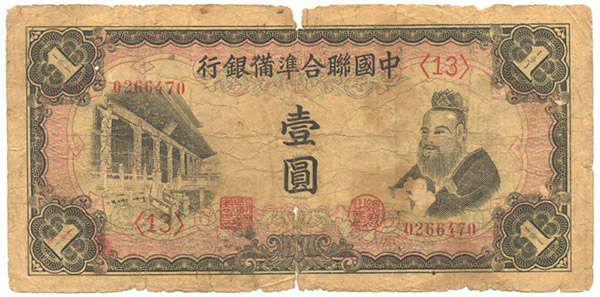
The history of Chinese currency spans more than 3000 years. In the beginning, cowry shells — which are sea snails, also referred to as mollusks — were used as an agreed token and storage of value within communities. But, around 210 BC, the first emperor of China, Qin Shi Huang, abolished all other forms of local currency and introduced a uniform copper coin.
Currently, the renminbi is the Country’s official currency on the mainland, but not in Hong Kong or Macau, the gambling mecca and China’s equivalent of Las Vegas. Because they are special administrative regions, the Hong Kong dollar and the Macanese pataca are in use.

And, to add further spice to the already hearty mix of variety, there are, in current times, often very loud cryptocurrency noises — both, drums of victory and deafening crashes — coming from behind The Great Wall. Further, in true fashion, also heaps of mixed signals, mystique, mystery, unverified information, disinformation and outright rumor.
Quite frankly, nobody quite knows what to take with a pinch of salt, and what not. Doing our best to navigate through the fog ourselves, let’s take a moment to try and figure the journey of crypto in China so far.
China’s Approach To Crypto
During 2014 already, the Chinese Government quietly assembled their own research team on cryptocurrency. This fact was only acknowledged two years later when, after an official announcement, started reporting on the matter, during early 2016. Also, that the research findings were positive; digital currency reduces cost, the People’s Bank of China (PBOC) said.
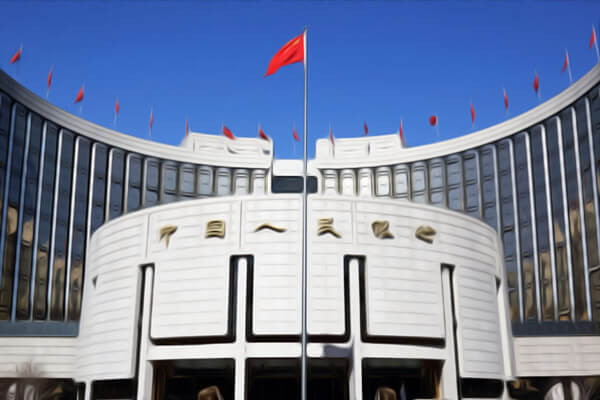
The PBOC continued by saying that they were reviewing the implementation of their own crypto, as soon as possible, as it improves the efficiencies surrounding global transactions.
This was in stark contrast with the PBOC banning Bitcoin – the poster boy for solid cryptographic technology – outright in China, at the end of 2013.
A move by the Chinese Government, which, after saying abruptly and perhaps opaquely that Bitcoin had “no real meaning”, sent BTC into a tailspin that overnight almost halved its value globally. Please also read Bitcoin – Storer of Value.
After China’s official announcement — above — most things crypto, behind The Great Wall for the remainder of 2016, seemed fairly subdued; on the surface, anyway. But, oh boy, come 2017, market spectators were in for a smorgasbord of fireworks!
Early in the year, the Government’s positive take on the revolutionary benefits of crypto, waxed lyrical in mainstream media again. Bloomberg reported in February that the PBOC is going crypto, no doubt; in fact, they had already done trial runs of the prototype and –guns ablaze- are ready to take on the world, even promising stiff competition to established payment platforms, such as the Alibaba affiliate, Alipay and WeChat.
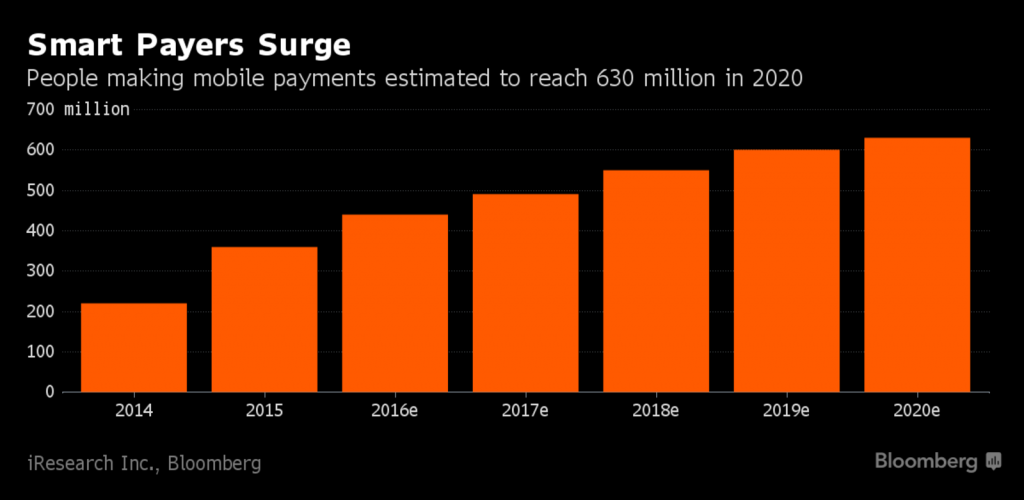
At the same time, the PBOC called in the Country’s cryptocurrency exchanges for a private little chat. The Government put forward their “noble” concern as being that of money laundering. But, perhaps closer to home –seen against the backdrop of centuries’ worth of regime control- they simply cannot let go; as Bloomberg put it,
“Since currencies have historically been issued by the state, not private players, it doesn’t want to cede the cryptocurrency space to companies it has no control over.”
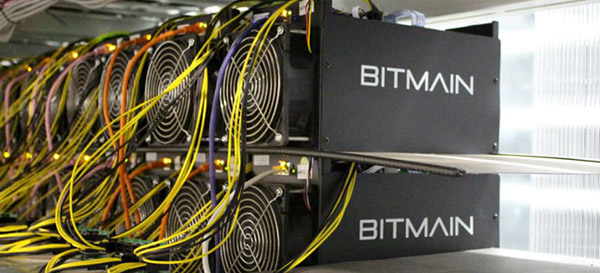
And, interestingly, the year further highlighted that one the world’s largest Bitcoin mining players are – yep, you guessed it- actually based in China!
Bitmain, with their registered headquarters listed as Beijing, not only operates one of the — historically — largest bitcoin mining pools, named Antpool; they are also a leading producer and designer of ASIC computer chips, which are used for bitcoin mining.
Another very interesting insight — garnered from studies and anecdotal reporting, Investopedia says — is that 71 percent of the world’s bitcoin mining pools sit behind The Great Wall!
The Great Crackdown of 2017
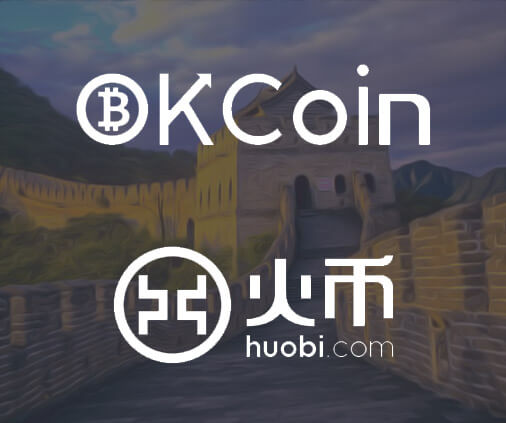
The rest of year 2017, for crypto in China, played out like one, long scary rollercoaster ride through an adventure park’s “caves of horror”. In no uncertain terms, the Chinese Government crushed private crypto activity in the Country.
During September, all initial coin offerings (ICOs) were outlawed by the regulators and monies — over $1.1 billion had been raised in more than 65 ICOs — ordered to be paid back to investors.
Demonstrative of the gravity of the event, mainstream media even addressed the talk on the street –(Chinese whispers?) that ICO operators may actually face the death penalty, if charged and found guilty of illegal fundraising.
And, with the same spirit of discontent, cryptocurrency exchanges were also summarily closed down by the authorities in September.
It is now illegal for Chinese mainlanders to exchange digital money unless they operate offshore. Forbes headlined during November, “Cryptocurrency Exchanges Officially Dead In China”, and, just to make sure that their clout is not underestimated, the Chinese Government, just last week, outlined a plan to curb “some” Bitcoin miner operations by effectively limiting, or controlling, their electricity supply.

Okay, so the fate of private crypto is signed and sealed in China, we’d be inclined to think, while taking our funeral clothes out of the mothballs. But, not so fast, there are still the die-hard believers out there.
For example — last week, Bobby Lee, CEO and co-founder of BTCC, which closed down its China-facing trading operations in September 2017, told CNBC:
“In this world, nothing is ever permanent. One day I think it’s possible they’ll lift the ban, so called, and they might reinstitute it and license it. Frankly speaking, I don’t know what kind of time frame that is, whether it’s a few months, a few years or even a few decades, so it’s hard to tell.”
Well, hats off to you, Bobby; we love the spirit! Although we might not necessarily share your optimism, we’re certainly aboard, looking out for positive developments in the private crypto space of the world’s second largest economy, however long it may take. In the meantime, please pass us that box of Chinese puzzles.






















































